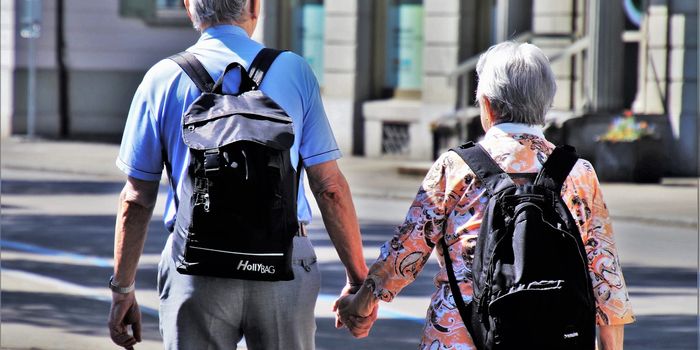Study Confirms E-cigarettes and Marijuana Not to Blame for Vaping-Related Lung Injuries
A Yale School of Public Health report published August 25 2020 in the journal Addiction confirms that it was neither e-cigarettes nor marijuana, per se that caused the recent string of vaping-related injuries.
Instead, the research confirms the CDC’s February 2020 conclusion to a cross-state investigation that it’s likely vitamin E acetate, an additive common in THC e-liquids that are street-purchased or home-mixed, that was the issue.
The Centers for Disease Control and Prevention investigation into recent EVALI (e-cigarette or vaping-related lung injuries) cases began in August 2019, and has since confirmed over 2,800 cases and 68 deaths.
What the Yale research, authored by Abigail S. Friedman, from the university’s Department of Health Policy and Management adds, is confirmation that vaping and cannabis are not the cause, bringing into focus that policies that forbid the smoking of marijuana, or which have suspended sale of e-cigarettes have targeted the wrong behavior.
"If e-cigarette or marijuana use...drove this outbreak, areas with more engagement in those behaviors should show a higher EVALI prevalence," said Friedman, in the report. "This study finds the opposite result. Alongside geographic clusters of high EVALI prevalence states, these findings are more consistent with locally available e-liquids or additives driving the EVALI outbreak than a widely used, nationally-available product."
Indeed, the Yale report found that mature legal marijuana markets in the USA experienced far fewer incidences of EVALI, suggesting that well-established markets may have crowded-out use of riskier, informally sourced e-liquids.
Friedman also notes that two of the highest-prevalence states' medical marijuana laws forbid smokable marijuana. "If this policy led some recreational marijuana smokers to switch to vaping THC, perhaps in order to avoid detection, it would have increased their likelihood of exposure to contaminated e-liquids when those came on the market. This may have contributed to the higher EVALI prevalence in those states."
Sources: Science Daily, NORML,









